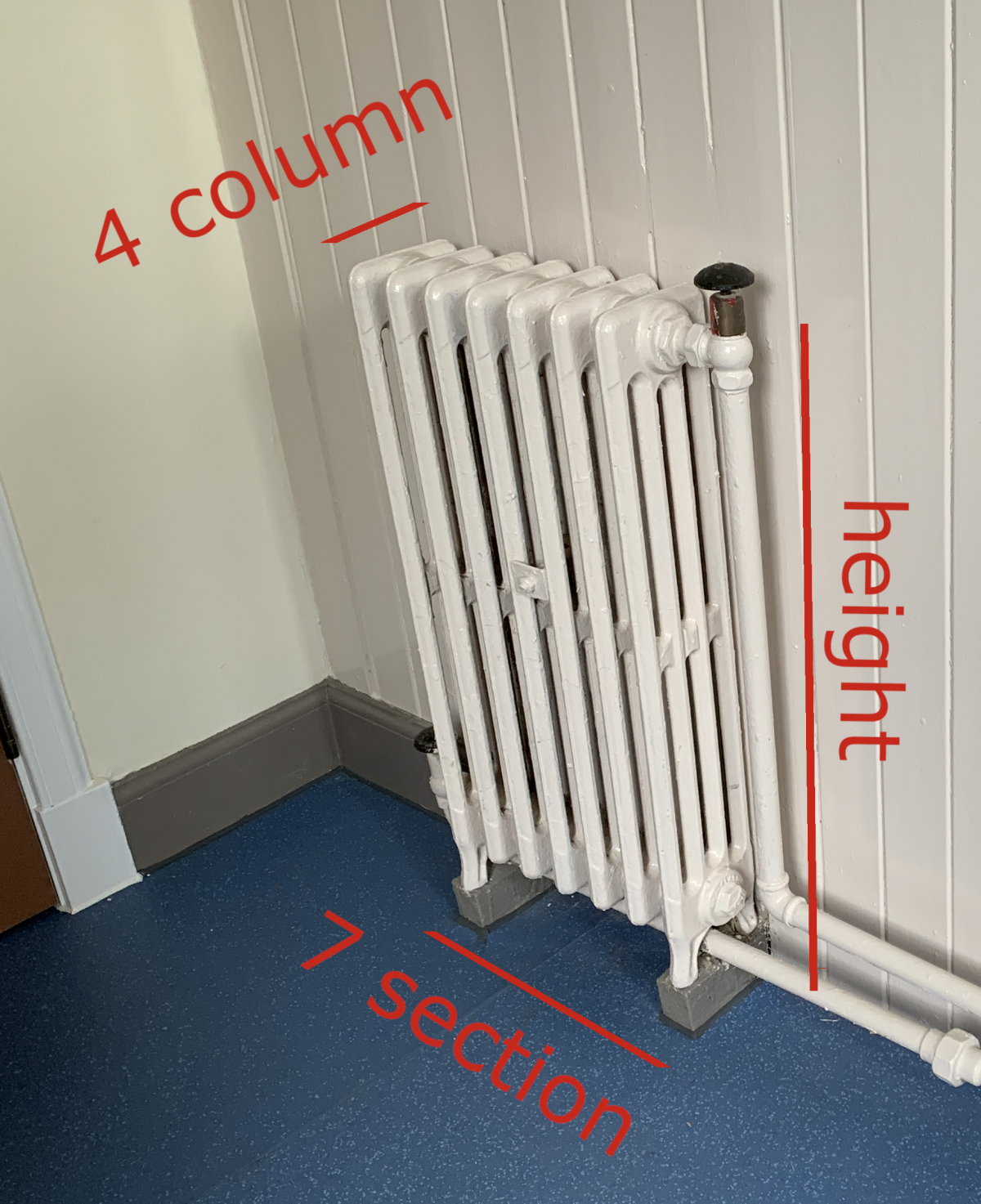We’re currently working on writing up the materials that groups will use during their sessions. Each week, there are some concepts to think about and some kind of practical activity. Some of the activities have the groups conduct a simplified site survey that will help them understand their heating systems and understand what professionals need to take into account when they are designing changes to systems.
Many community buildings – particularly the older ones – have heating systems that have grown up piecemeal over decades and are undocumented. It’s only natural that, with them run by overstretched volunteers or charity staff on a very tight budget, they end up patched when they break down, with no eye on whether the overall design is still serving them well. Installers will very often put in a bigger boiler if space users are complaining of the cold, but even if a change to the heating system itself is what’s required, that’s not the right starting point.
Sometimes the problem is that aren’t enough radiators for the space or they are aging badly. This is especially true for old church buildings! There are some “rules of thumb” to calculate heating requirements and check them against the boiler output and what the radiators can deliver – so that’s one of the things we’ll encourage groups to consider. There are other possible heating issues as well – unrecognised maintenance problems, not enough airflow around radiators, controls that aren’t set up well or let space users do the wrong things – as well as things that aren’t to do with the system, like measures to reduce heat loss or generate energy locally. They don’t all apply in all cases, so we’re preparing for the issues we observe most often and will listen, learn and adapt to what the groups tell us.
We and the volunteer engineers can’t perform the same job as a professional consultant. Our goal is to point in the most likely directions and to equip groups to know whether they’re getting the right service. We’re told the information and understanding the groups will have about their buildings as a result of the programme will be genuinely useful to heating consultants and architects, too – the more they know ahead, the more usefully they can spend their time on any future project.
